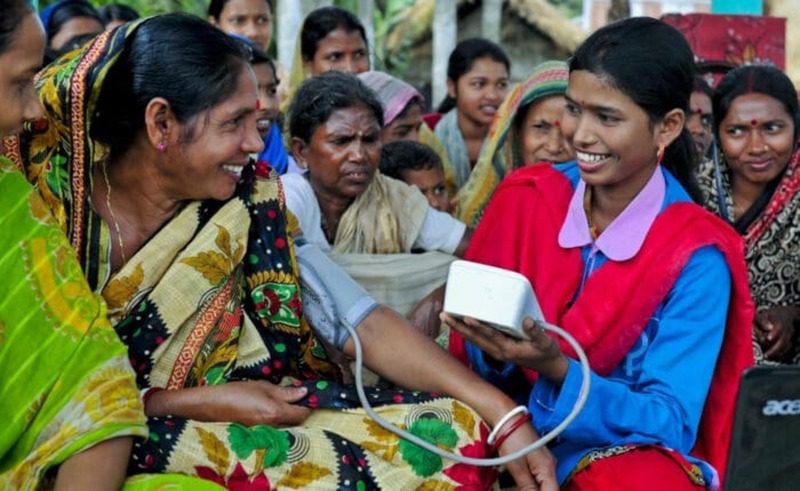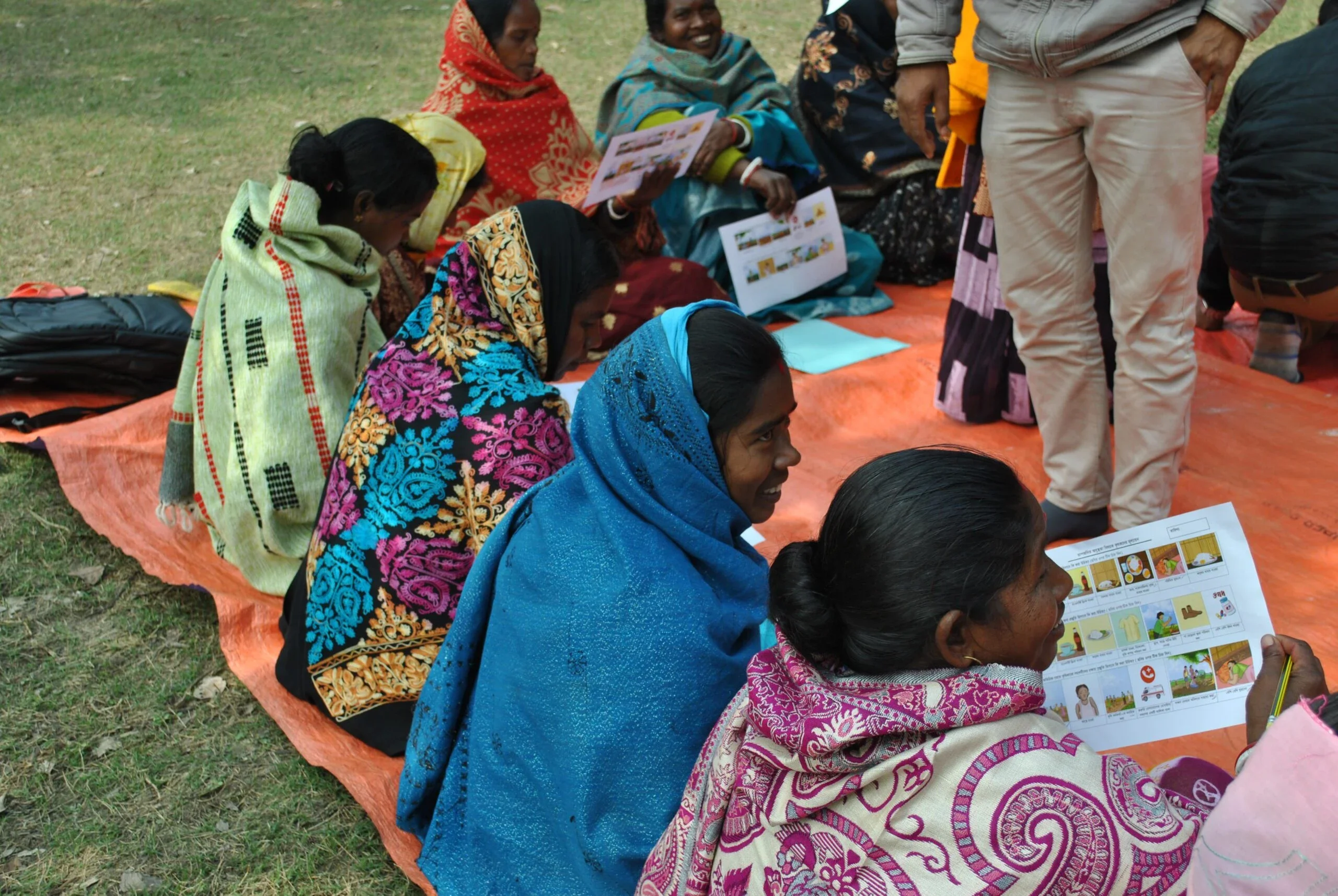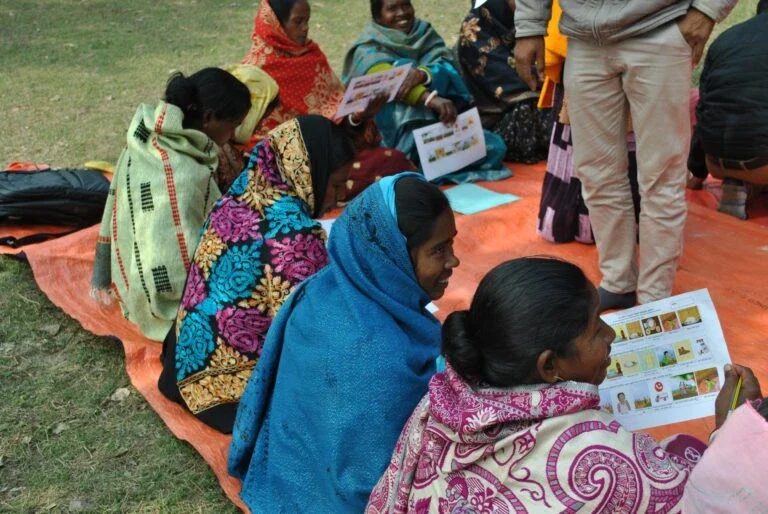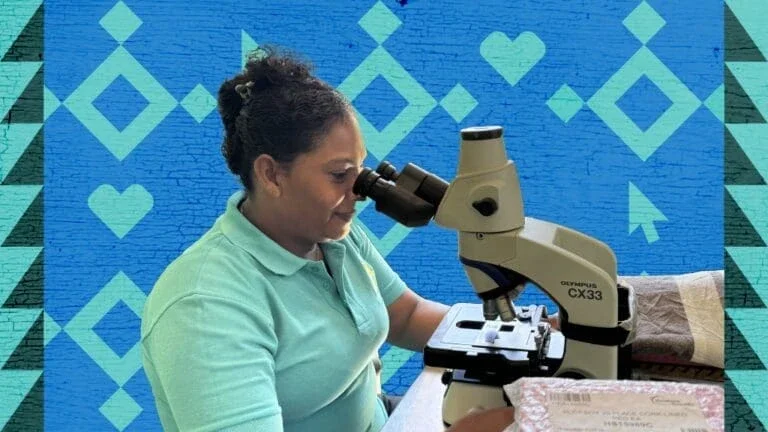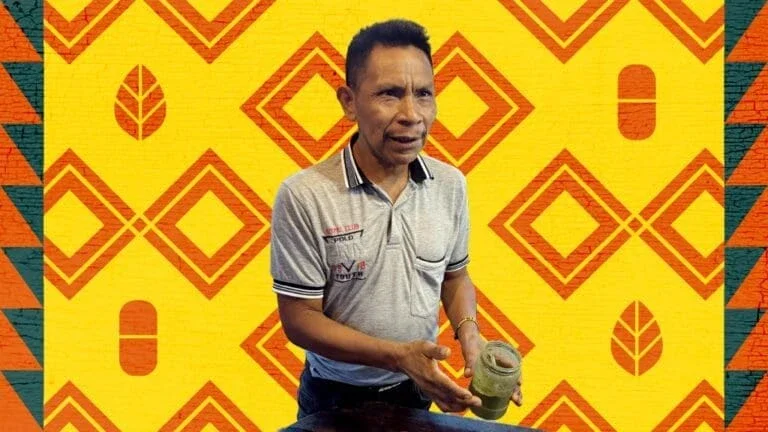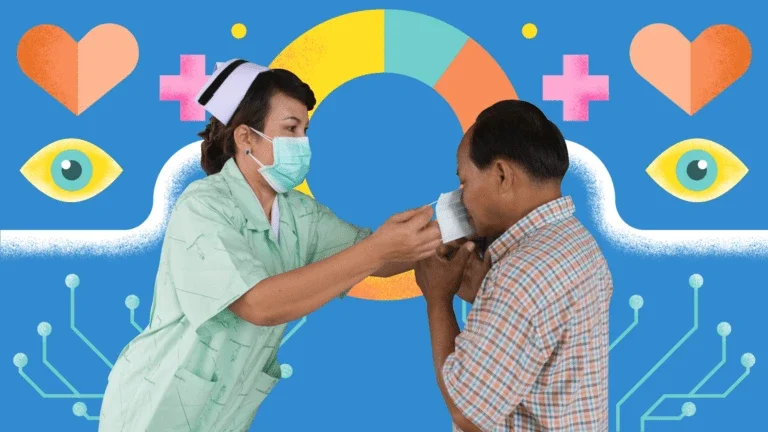Overview
Why It Matters
- 0BillionBillion
people worldwide face heightened health risks now because of climate change
- 0MillionMillion
premature deaths due to fossil fuel pollution each year
- $0TrillionTrillion
in additional global health costs by 2050 due to climate change
Climate change is driving health emergencies, but frontline communities are taking action
Navigation Tip: Hover over each card to learn about live-saving actions led by communities most impacted.
How We Respond
Our Strategy
- 1Next Generation Climate Services: Supporting universal protection from climate events through life-saving early warning and action systems.
- 2People-Centered Impact: Promoting equitable, proactive responses to extreme weather threats.
- 3Mobilizing Action: Facilitating global commitment, accountability, and financing for climate-health action.
Current Actions
News from the Frontlines
Featured Content
- Global health is at an inflection point. As funding shrinks, climate threats grow, and long-standing systems falter, the world must move from aid to investment, shift power to local leaders, and replace siloed programs with system-wide solutions. Dr. Naveen Rao, Senior Vice President of the Health Initiative at the Rockefeller Foundation, calls for urgent, bold action to build a more resilient, equitable global health system that’s truly fit for the future.
- Extreme heat is becoming deadlier and more frequent, putting over 2 billion workers and the most vulnerable communities at serious risk. In response, UN Secretary-General António Guterres has issued a global Call to Action to protect people, strengthen economies, and limit warming by phasing out fossil fuels. Supported by ten UN agencies, this is a unified push to confront one of the most urgent climate threats of our time.
- At COP29, The Rockefeller Foundation joins the World Health Organization’s call to action to ensure health considerations are embedded in all climate negotiations, strategies, policies, and plans. Developed in collaboration with over 100 organizations and 300 experts, the Special Report identifies 5 critical policies that leaders can implement now to protect the estimated 3.3 billion people most vulnerable to the health impacts of climate change.
Impact Stories
Across the world, our partners and grantees work to ensure healthy futures for people and the planet.
Recent News
Our People
